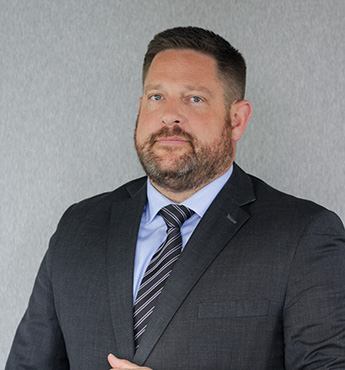



Are you wondering whether you’re legally obligated to speak with the police in Utah? This guide provides a complete overview of your rights and the recommended actions during police interactions. Attorney Jake Gunter can offer expert guidance on your specific situation. Call (801) 373-6345 for a free consultation. This article is about “Utah Police Law”/
Answer: No, in most cases, you are not required to speak to the police. However, you must provide identification if asked and should not resist arrest. Remember, asserting your constitutional rights—like your right to remain silent—is legal and can protect you in many situations.
Police can approach and talk to you at any time, but you are not required to engage. Unless you are being detained, you are free to decline the conversation.
Police may detain you briefly if they have reasonable suspicion of criminal activity. This is known as a Terry Stop (Terry v. Ohio, 392 U.S. 1 (1967)).
When police have probable cause to believe a crime has been committed, they have the legal right to arrest and search you.
No, you should avoid speaking to the police without legal representation. A lawyer can ensure your rights are protected and communicate with law enforcement on your behalf. Often, police interactions are intended to gather evidence, and without legal guidance, you risk incriminating yourself.
Yes, police officers are legally permitted to use deception during questioning. However, they must be truthful when testifying in court. This is yet another reason to exercise your right to remain silent and consult with an attorney before engaging with the police.
Most police interactions, especially those conducted in police vehicles or stations, are recorded, often through body cameras or dashcams. This can be beneficial in ensuring accountability for both the police and civilians.
Generally, you should never consent to a search of your person, car, home, or belongings. While the police may pressure you to comply, you have the legal right to decline consent. Politely but firmly state, “I do not consent to this search.”
These questions clarify your status, helping you make informed decisions about whether to remain silent or depart.
When dealing with police interactions, having the support of a knowledgeable attorney is invaluable. For over 15 years, Attorney Jake Gunter has successfully defended Utah residents in complex criminal cases. His experience can be instrumental in protecting your rights.
Call or text Jake Gunter at (801) 373-6345 to receive a free consultation and discuss your legal needs today.

For additional insights on Utah personal injury law and to get to know Jake Gunter better, check out these helpful videos:
These resources will provide you with valuable information as you consider your legal options. For any questions or to schedule a free consultation, feel free to reach out to us directly.